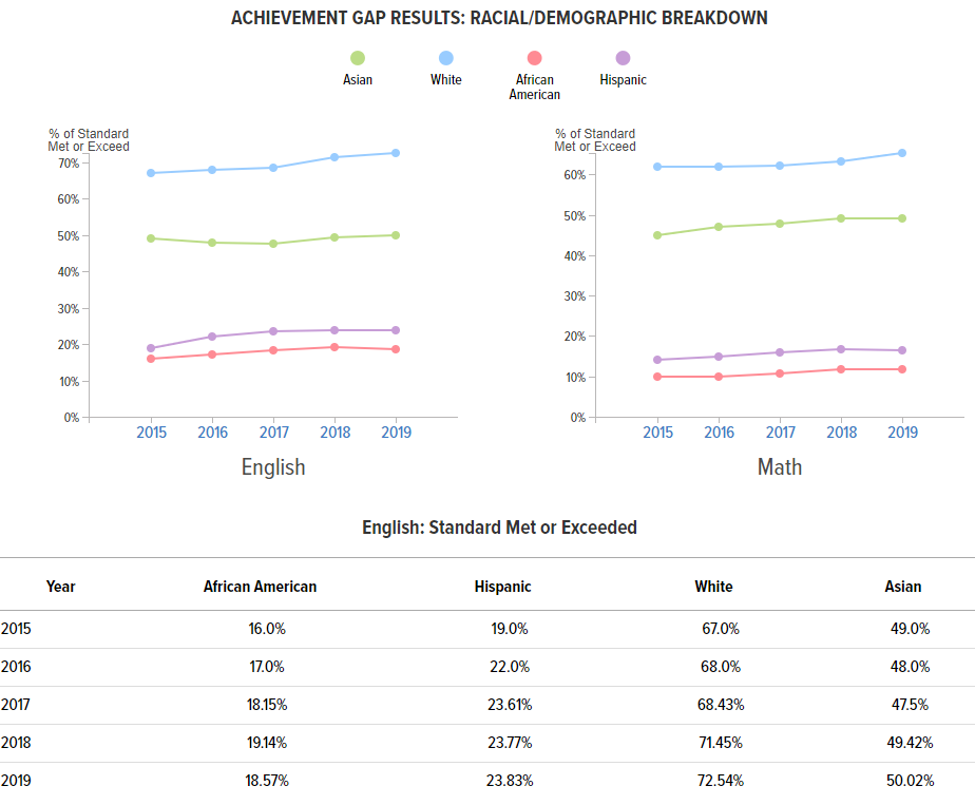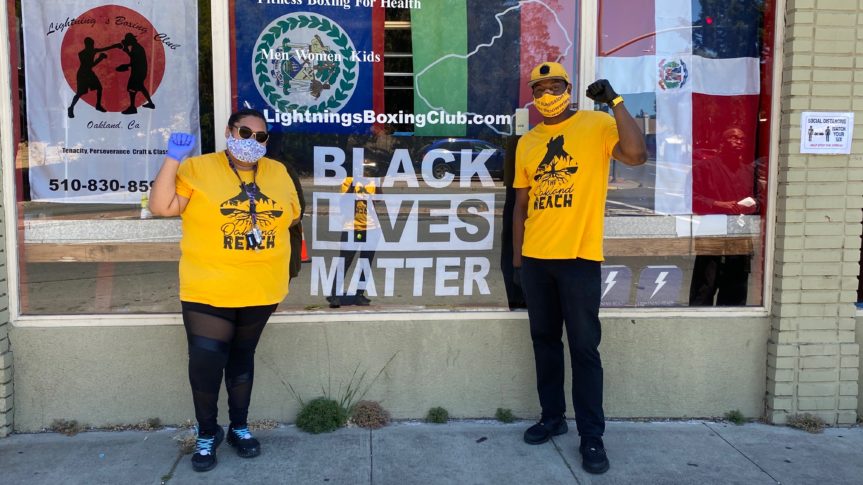“My baby wants to go to Stanford,” an irate grandmother told me, “and this is what they give me.” She sent me a series of texts with her grandson’s teacher, demanding to know why she wasn’t told that her grandson was falling behind and had missed 8 assignments recently. The teacher’s response: “A lot of kids have missed 20 assignments”—so it’s not a big deal.
Not a big deal for whom?
Grandma wants her baby to fulfill his dreams, and she knows that that will never happen if the schools don’t have the same expectations. And they don’t—they never have. And it’s not a charter or district or even private school thing, it’s an American thing. Far too often, schools offer only the mirage of opportunity, veiling the quicksand of historical inequity.
While critically important, Grandma’s story is only the tip of the iceberg. Millions of kids have literally never logged in during COVID—millions. And millions more have gotten something that can hardly pass as “education.”
COVID has been hard on everyone, but it has been hardest on our historically underserved parents. This is leading to righteous anger from families who are often left holding the bag. It is also leading to basic questions about whether any of this is even legal, whether under the Constitution you can even call this “education.”
In fact, that is exactly what a recent lawsuit filed by Public Counsel in partnership with The Oakland REACH alleges.
“The impact of the pandemic on California’s most vulnerable students has been to deny them in far too many instances even the semblance of an education, dramatically widening an already indefensible opportunity gap with their more privileged counterparts,” said Mark Rosenbaum, director of Public Counsel’s Opportunity Under Law Project. “Remote learning may not be preventable but the remoteness of California officials to the desperate educational needs of its children is.”
According to the legal complaint itself:
Cayla J. and Kai J. were in second grade when distance learning began, though what they were offered by their school barely resembled learning. Between March 17, 2020 and the end of the 2019-2020 school year, their teacher held class only twice. When Angela J. reached out to the teacher to ask why class wasn’t meeting, she responded that because some of the students in the class were not connected to remote learning, classes were cancelled for all students. Cayla J. and Kai J. weren’t offered asynchronous instruction or other work to make up for the missed class time—no book reports, no packets, no homework. Angela J. felt like her children had been written off.
And it’s hard to argue with the facts. Only some families are given basically no instruction, and no way to catch their child up. Only some children are “written off.”
Things were basically trash for Black families in Oakland before the pandemic, with 18.6% of kids reading on grade level and 12.5% proficient in math. While White kids hover in the 60-70s.
As a reformed lawyer, I don’t have a ton of faith in the law by itself to change the system. But it can highlight the gross inequities, and shine a light on a shameful system that has for too long sorted our children into owners and serfs, based on longstanding historical patterns.
COVID did not create this putrid petri dish we call public education. But it is shining a microscope on its pathology, and exposing the truly gross inequities built into the system. Unfortunately racism and the low expectations for some students live like a giant tapeworm in the body politic, and fester in the bowels of our schools.
We know this. It is undeniable. Listen to the families. Look at the numbers.
The question is whether we are actually willing to excise these demons, and rip the worm from the host. Or whether an overall return to normalcy will allow our old historical blinders to cover our eyes again, and those with power will be content to return to a “normal” that nobody should have been content with in the first place.
The choice is ours.



One thought on “How Low Will Standards Go for Underserved Parents? Families Want to Know, and Now So Do the Lawyers”